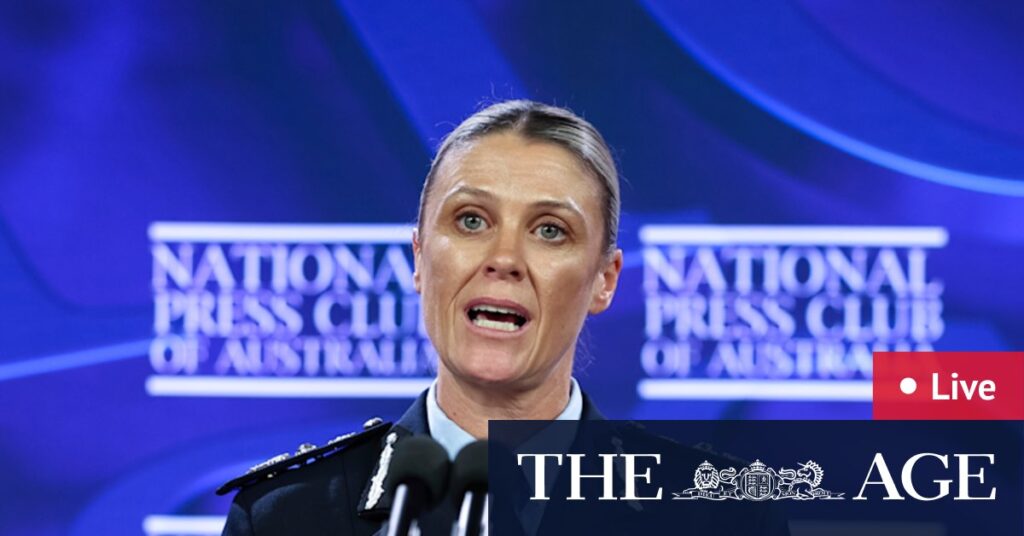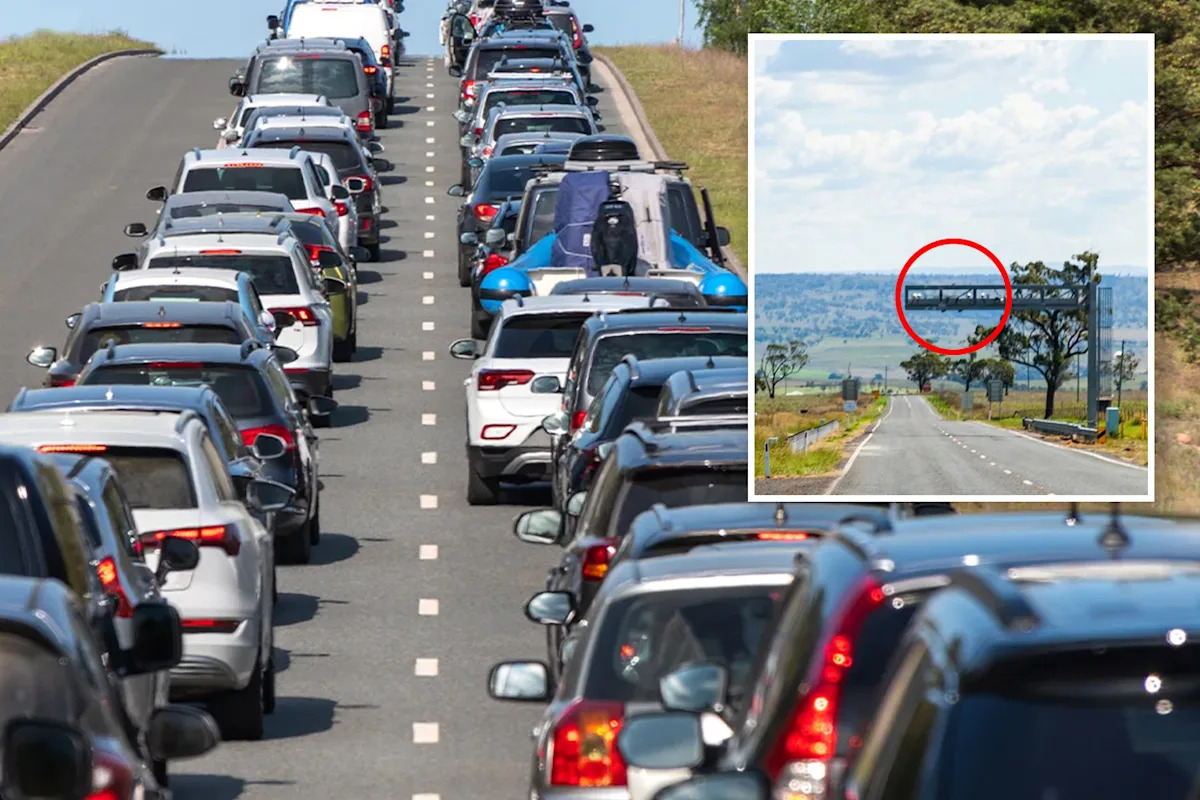
Prime Minister Anthony Albanese has arrived in South Korea for the APEC Summit, marking another significant step in Australia’s international engagement. This visit comes amid rising inflation concerns at home, with the latest figures showing a jump to 3.2 percent, which is likely to impact the Reserve Bank’s monetary policy decisions. Meanwhile, the Australian Federal Police have launched a new taskforce to combat online radicalization, reflecting growing concerns over digital security.
Albanese was warmly welcomed with a red carpet reception upon landing in Busan, where he will participate in a leaders’ dinner followed by two days of high-level meetings. His arrival coincides with the presence of US President Donald Trump, whose Air Force One was notably parked nearby.
APEC Summit: Trade and Tribute
Addressing the media on the tarmac, Albanese highlighted the importance of trade, stating,
“One in four Australian jobs depend on trade, and 75 percent of Australia’s trade is with APEC nations.”
His first official engagement in South Korea was a visit to the Australian memorial at the United Nations Memorial Cemetery, where he laid a wreath in honor of the 281 Australians buried there, alongside thousands of their UN allies from the Korean War.
This visit follows Albanese’s participation in the ASEAN summit in Kuala Lumpur, underscoring Australia’s active role in regional diplomacy. The focus on trade and international relations is particularly crucial as Australia navigates economic challenges, including inflationary pressures that are reducing the likelihood of a rate cut by the Reserve Bank.
Domestic Challenges: Energy and Human Rights
Back home, Premier Chris Minns is dealing with a contentious gas project in northwest New South Wales. In a recent speech, Minns emphasized the importance of the Narrabri gas project, urging stakeholders to resolve disputes or face potential compulsory acquisition of land for pipeline construction. He stated,
“That’s how important this project is… for the entire east coast.”
The project, which received preliminary approval in 2020, faces opposition from landowners and the Gomeroi Native Title-holders due to environmental concerns. This issue highlights the ongoing tension between energy development and environmental protection in Australia.
In a separate development, Australia’s agreement to pay Nauru $2.5 billion over three decades to host deported non-citizens has sparked human rights concerns. Lorraine Finlay, Australia’s Human Rights Commissioner, criticized the lack of transparency, stating,
“Outsourcing the management of asylum seekers and refugees does not absolve a State of its legal responsibilities.”
Legislative Moves and International Relations
In Victoria, new legislation aims to limit the use of non-disclosure agreements (NDAs) in workplace sexual harassment cases. Premier Jacinta Allan explained that the laws are designed to empower victims and prevent employers from settling cases out of court without accountability. The legislation mandates a cooling-off period and allows victims to speak freely to authorities.
On the international front, US President Donald Trump has defended Israel’s military actions against Hamas, asserting that Israel has the right to retaliate. This stance comes amid ongoing tensions in the Middle East, where a recent peace deal is being tested by renewed violence.
Meanwhile, the Australian Federal Police Commissioner Krissy Barrett announced a new taskforce to tackle online exploitation and radicalization. This initiative reflects a broader governmental effort to enhance digital security and protect citizens from emerging threats.
Cultural and Political Highlights
In cultural news, Oasis has arrived in Australia for their much-anticipated Live ’25 reunion tour. The band is set to perform in Melbourne and Sydney, drawing significant attention from fans and media alike. This tour marks a major comeback for the band, which split in 2009.
In political circles, Climate Change and Energy Minister Chris Bowen criticized the Coalition’s approach to renewable energy, contrasting it with the government’s focus on sustainable development. He remarked,
“We care about credibility. They care about Credlin.”
This statement highlights the ongoing political debate over Australia’s energy policy and its implications for future economic growth.
As these developments unfold, Australia’s economic and political landscape continues to evolve, with significant implications for both domestic and international affairs. The coming weeks will likely see further discussions and decisions that could shape the nation’s future trajectory.






